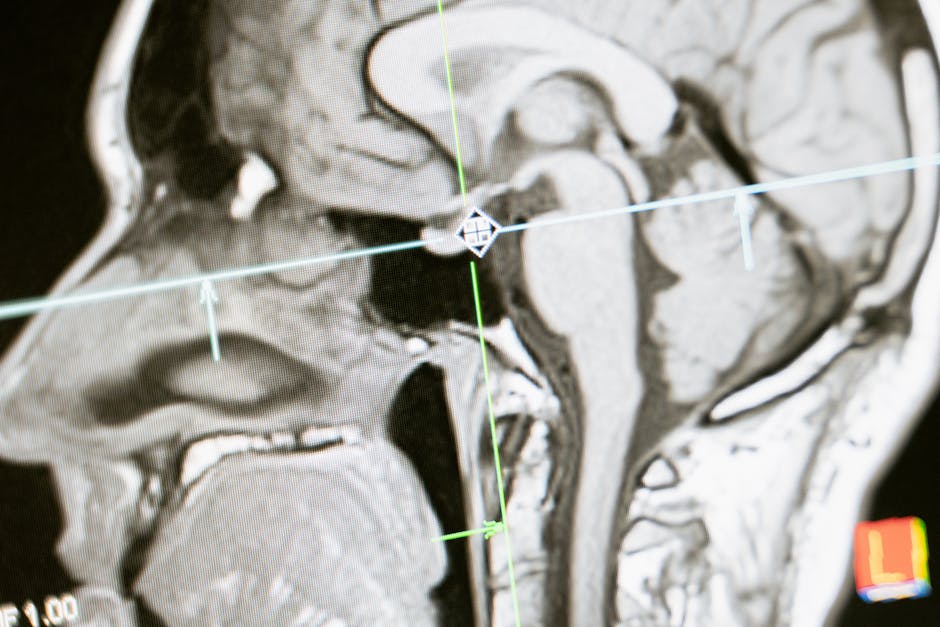The Large Intestine: A Comprehensive Guide to its Anatomy, Function, and Health
The large intestine, also known as the colon, is a vital organ in the human digestive system. Often overshadowed by its smaller, but equally important, counterpart – the small intestine – the large intestine plays a crucial role in the final stages of digestion, water absorption, and waste elimination. Understanding its anatomy, function, and potential health issues is key to maintaining overall well-being.
Anatomy of the Large Intestine
The large intestine is a muscular tube approximately 5 feet long and 2.5 inches in diameter, significantly wider than the small intestine. It begins at the cecum, a pouch-like structure located at the junction of the small and large intestines. From the cecum, it extends into the ascending colon, which travels upward on the right side of the abdomen. It then forms the transverse colon, traversing horizontally across the abdomen. Following this is the descending colon, running down the left side of the abdomen, and finally, the sigmoid colon, which forms an S-shaped curve before connecting to the rectum.
The rectum is the final section of the large intestine, storing feces until elimination. The anal canal, the terminal portion of the rectum, leads to the anus, the opening through which feces are expelled from the body. The entire length of the large intestine is characterized by its distinctive haustra, pouch-like sacs created by the muscle contractions that move the contents along. These contractions, known as peristalsis, are essential for proper bowel movement.
Key Structures and Their Roles:
- Cecum: Receives partially digested food from the ileum (the last part of the small intestine).
- Appendix: A small, finger-like projection attached to the cecum, its function remains somewhat unclear, although it may play a role in the immune system.
- Ascending Colon: Absorbs water and electrolytes from the waste material.
- Transverse Colon: Continues the process of water absorption and further breaks down waste products.
- Descending Colon: Further compacts and dehydrates the waste.
- Sigmoid Colon: Stores feces until elimination.
- Rectum: Stores feces until bowel movement.
- Anal Canal and Anus: The final passage for elimination of waste.
Functions of the Large Intestine
The primary functions of the large intestine are multifaceted and crucial for overall health:
- Water Absorption: The large intestine is responsible for absorbing the majority of water remaining in the indigestible food matter. This prevents dehydration and helps form solid stool.
- Electrolyte Absorption: Essential electrolytes, such as sodium and potassium, are also absorbed in the large intestine.
- Waste Processing and Elimination: The large intestine processes the remaining waste products from digestion, converting them into solid feces for elimination through defecation.
- Vitamin Synthesis: Bacteria residing in the large intestine produce certain vitamins, such as vitamin K and some B vitamins, which are then absorbed into the bloodstream.
- Immune Function: The gut microbiota, the vast community of microorganisms living in the large intestine, plays a significant role in modulating the immune system and protecting against harmful pathogens.
Common Health Issues Related to the Large Intestine
Several health problems can affect the large intestine, ranging from relatively minor inconveniences to serious conditions requiring medical intervention.
Constipation:
Constipation is characterized by infrequent or difficult bowel movements. It can be caused by various factors, including dehydration, lack of fiber in the diet, sedentary lifestyle, and certain medications.
Diarrhea:
Diarrhea is the opposite of constipation, involving loose, watery stools. It can result from infections, food intolerances, medication side effects, or inflammatory bowel diseases.
Irritable Bowel Syndrome (IBS):
IBS is a chronic condition that affects the large intestine, causing abdominal pain, cramping, bloating, and changes in bowel habits. The exact cause of IBS is unknown, but stress, diet, and gut microbiota imbalances are believed to play a role.
Inflammatory Bowel Disease (IBD):
IBD is an umbrella term encompassing Crohn’s disease and ulcerative colitis. These are chronic inflammatory conditions that can affect any part of the digestive tract, but often primarily involve the large intestine. Symptoms include abdominal pain, diarrhea, weight loss, and fatigue.
Diverticulitis:
Diverticulitis is an inflammation or infection of small pouches (diverticula) that can form in the wall of the large intestine. Symptoms can range from mild discomfort to severe abdominal pain, fever, and nausea.
Colon Cancer:
Colon cancer is a serious condition that arises from the uncontrolled growth of cells in the colon. Regular colonoscopies are recommended for early detection and prevention.
Polyps:
Polyps are abnormal growths in the colon that can be benign or precancerous. Colonoscopies allow for the detection and removal of polyps, reducing the risk of colon cancer.
Maintaining a Healthy Large Intestine
Maintaining the health of your large intestine is essential for overall well-being. Here are some key strategies:
- High-Fiber Diet: A diet rich in fruits, vegetables, and whole grains provides the bulk necessary for regular bowel movements and promotes healthy gut bacteria.
- Hydration: Drinking plenty of water helps soften stool and prevents constipation.
- Regular Exercise: Physical activity stimulates bowel movements and promotes overall digestive health.
- Stress Management: Stress can negatively impact the gut microbiota and contribute to digestive problems.
- Regular Colonoscopies: Following recommended screening guidelines for colonoscopies can help detect and prevent colon cancer.
- Probiotics: Consuming foods containing probiotics, or taking probiotic supplements, can help maintain a healthy balance of gut bacteria.
The large intestine, though often overlooked, plays a critical role in our overall health. Understanding its anatomy, function, and potential health issues empowers us to make informed choices to maintain a healthy digestive system and improve our overall well-being. By adopting a healthy lifestyle, including a balanced diet, regular exercise, and stress management techniques, we can support the optimal function of our large intestine and prevent potential health problems.

